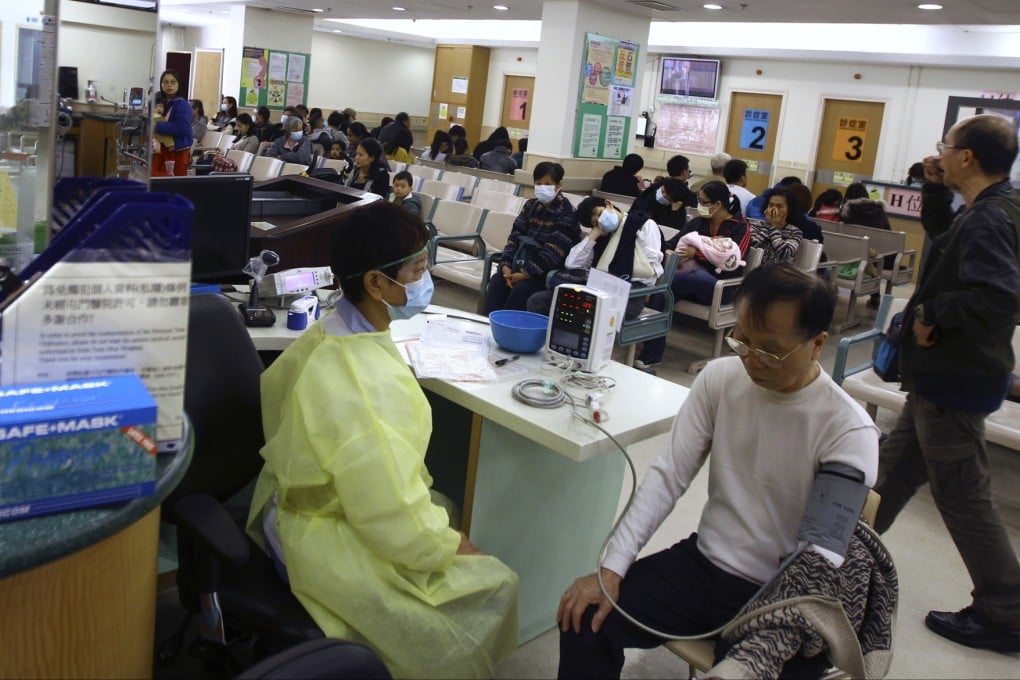Specialist care is under way for 100-week waiting list
Demand keeps growing, and a tendency to seek help beyond primary health care doesn't help

To many Hongkongers, specialist services at the Hospital Authority offer the health care their families rely on. Therefore, timely access to such services is a contentious social and political issue.
The problem of waiting times is basically that of an imbalance between demand and capacity. New specialist outpatient (SOP) bookings at the authority rose an annual average of about 3 per cent in the past three years, with more than 800,000 bookings in 2012/13. Within that period, SOP clinics catered to about 680,000 new patients, in addition to six million follow-up cases a year.
The result is a waiting list in which the 90th percentile waiting time - an index adopted internationally to denote the longest wait - is now more than 100 weeks in some of the clinics.
An ageing population and increasing prevalence of chronic illnesses appear to be behind the rising demand.
A tendency in the local culture to seek specialist care is also an important factor. An internal audit of the authority revealed more than 10 per cent of new patients who booked orthopaedic services suffered from lower back pain, a condition that for many of them could well have been managed by primary health care.
In terms of capacity, medical manpower shortage is a major factor limiting services. Albeit the problem will be alleviated with more medical graduates emerging from next year, it is still an acute problem in specialties such as ophthalmology where staff turnover is high.
In some hospitals, physical space limits clinic expansion. Furthermore, subspecialisation in medicine has also brought along fresh demand-capacity imbalance. Notable examples include paediatric dermatology and infertility treatment.
